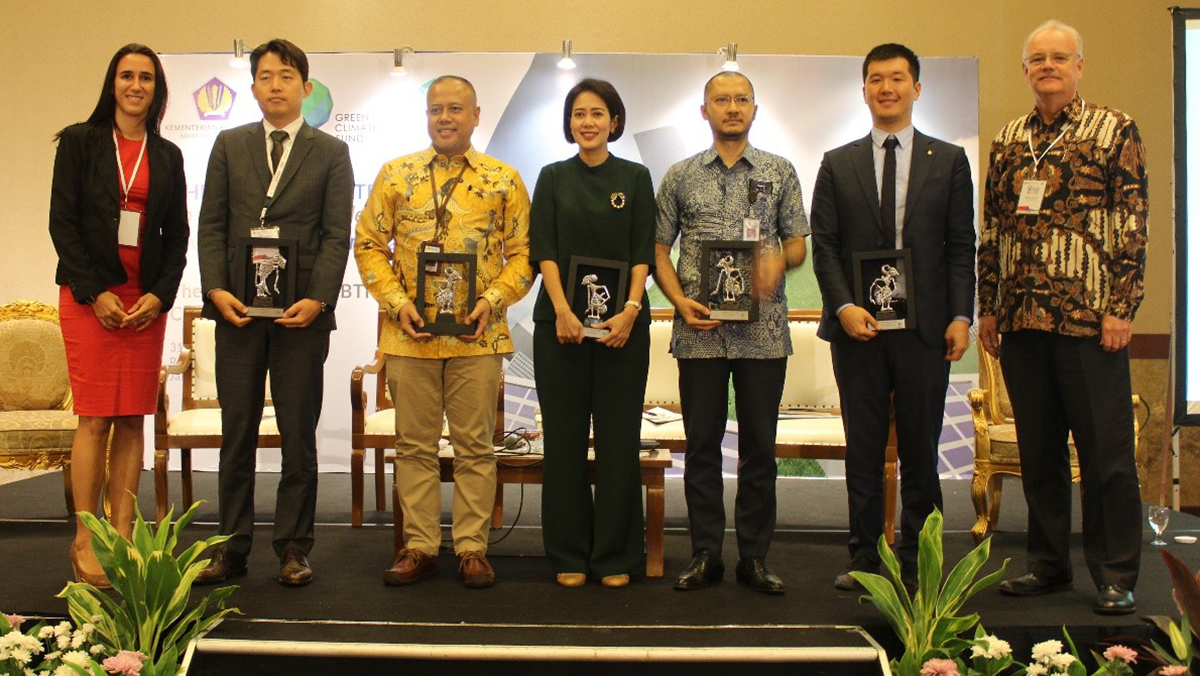Indonesia’s Green Energy Initiatives for 2024
As the world attempts to tackle climate change, Indonesia is making significant strides toward creating a more sustainable future through its green energy initiatives. By 2024, Indonesia plans to decrease its reliance on fossil fuels while increasing the use of renewable energy sources; this article investigates Indonesia’s strategies, key projects, and their environmental and economic effects.
Indonesia Commits to Green Energy
Indonesia has set ambitious transition targets as part of its pledge to the Paris Agreement and national climate action plan. Their government hopes to increase renewable energy’s share in national energy consumption to 23% by 2025 from 11% currently, reflecting an increased awareness of how important climate change mitigation and sustainable development efforts are.
Highlighted Green Energy Projects and Technologies
Indonesia is making headlines this year for several green energy projects and technologies:
- Geothermal Energy: Indonesia is one of the world’s top geothermal energy producers due to its volcanic landscape. As a result, Indonesian authorities have invested significantly in geothermal projects designed to tap this abundant resource; notable examples are Wayang Windu Geothermal Power Station in West Java and Sarulla Geothermal Power Plant in North Sumatra, which not only produce clean energy sources but also contribute significantly to economic development initiatives in their regions.
- Solar Energy in Indonesia: Indonesia has seen rapid adoption of solar energy, with numerous power plants and rooftop installations springing up across the nation, as well as government support through incentives and subsidies for projects using this form of power generation. Sumba Island boasts Southeast Asia’s largest solar farm for harnessing this form of energy use – this initiative helps increase access to electricity for remote regions while decreasing greenhouse gas emissions.
- Indonesia has invested in hydropower projects to harness its vast water resources. Projects like the PLTA Cirata Hydropower Plant in West Java and PLTA Upper Cisokan Dam increase Indonesia’s renewable energy capacity while simultaneously providing electricity, flood control, and irrigation solutions.
- Wind Energy: Wind energy has the potential to become an integral component of Indonesia’s green energy portfolio, as evidenced by the Sidrap Wind Farm in South Sulawesi and other commercial projects across Indonesia. Furthermore, the government is exploring opportunities to develop wind energy further, particularly in coastal regions with strong wind spot potential.
Impact Assessment in Environmental and Economic Issues
Indonesia’s transition towards green energy has several beneficial outcomes for both its environment and economy:
- Environmental Benefits: By shifting away from fossil fuels and switching to renewable energy sources, Indonesia is decreasing air pollution and greenhouse gas emissions while contributing to global efforts against climate change and protecting natural ecosystems. This transition contributes greatly towards global efforts against climate change.
- Economic Growth: Green energy projects are fueling economic expansion by creating job opportunities across a variety of fields—construction, engineering, and maintenance, among them—and drawing in investments to stimulate local economies, especially rural ones, where many such projects reside.
Renewable investments enhance Indonesia’s energy security by decreasing Indonesia’s dependence on imported fossil fuels. This leads to more stable energy prices and reduced exposure to global market fluctuations.
Challenges and Opportunities for Improvement
Indonesia continues to make progress concerning transitioning towards cleaner energies; however, challenges still exist in its transition plan:
- Infrastructure Development: Building infrastructure necessary to support green energy projects, such as transmission lines and energy storage systems, is integral for successfully integrating renewable energy into the national grid.
- Funding and Investment: Securing funding for green energy projects, especially smaller-scale initiatives, may prove challenging. Public-private partnerships and international cooperation can provide solutions to help ensure green energy initiatives are financially sustainable.
- Regulation and Policy Support: Government policies and regulations are indispensable in driving green energy growth. Clear, consistent policies give investors and developers a platform upon which to pursue long-term projects confidently.
Looking Ahead
As Indonesia advances its green energy initiatives, it will become a regional leader in renewable energy production. By addressing challenges and capitalizing on opportunities, Indonesia can meet its energy goals while contributing to a more sustainable future. Indonesia’s commitment to green energy echoes an international movement towards environmental stewardship and sustainable development.









Post Comment